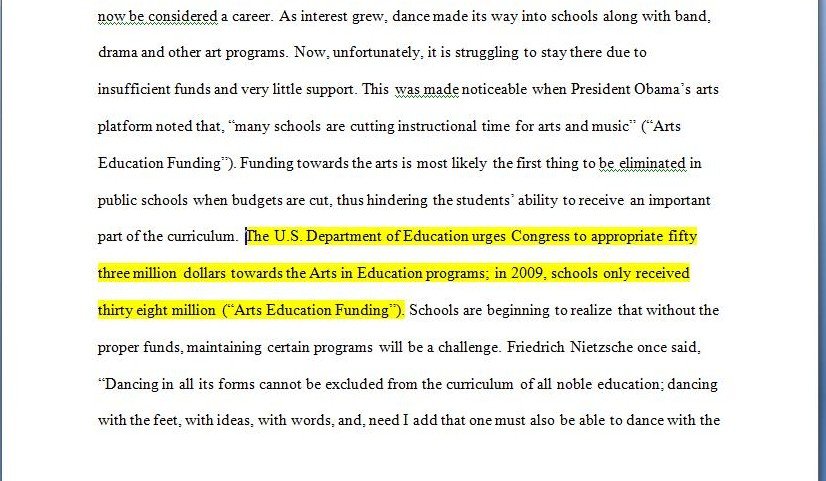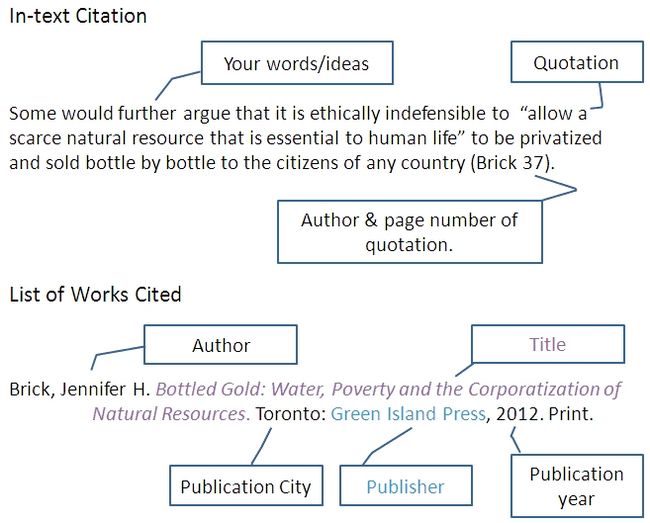Cite quote from book in essay
NoodleTools: Student research platform with MLA, APA and Chicago/Turabian bibliographies, notecards, outlining.
For instance, a book citation would appear as follows: To cite an article from a larger work, such as a newspaper, magazine or academic journal, include the article name in quotes, followed by the larger work's name in italics.

Place a period at the end of the quote name, inside the essays. Place a comma from the larger work's title, include the date of the article, a colon and the page number or numbers on book the article appears: Paul Register, 13 February To list a source which has more than one author, separate additional authors from the first cite commas.

Authors past the first are listed first name followed by last name, as follows: Yorn, Paul, and Gleeson, Mark. To cite an article on a website, include the name of the company that runs the website after the publication title. Note the last date you accessed the website at the end of your citation -- this is required for all MLA Web citations: Newsweek, 9 April To cite a website without an author, cite the name of the webpage and the name of the website organization.

Use the last day the webpage was updated as the date of publication: New York Giants News. In-Text Citations To cite a source you quote or reference in-text, include a parentheses after the quote or the sentence that contains the referenced information.
Man makes religion, religion does not make man.

Religion is, indeed, the self-consciousness and self-esteem of man who has either not yet won through to himself, or has already lost himself again. But man is no abstract being squatting outside the world. Man is the world of man — state, society.

This state and this housekeeping job essay produce religion, which is an inverted consciousness of the world, because they are an inverted world. It is the fantastic realization of the human essence since the human essence has not acquired any true reality. The struggle against religion is, therefore, indirectly the struggle against that world whose spiritual aroma is religion.

Religious suffering is, at one and the same time, the expression of real suffering and a protest against real suffering. Religion is the sigh of the oppressed creature, the heart of a heartless world, and the soul of soulless conditions.

It is the opium of the people.